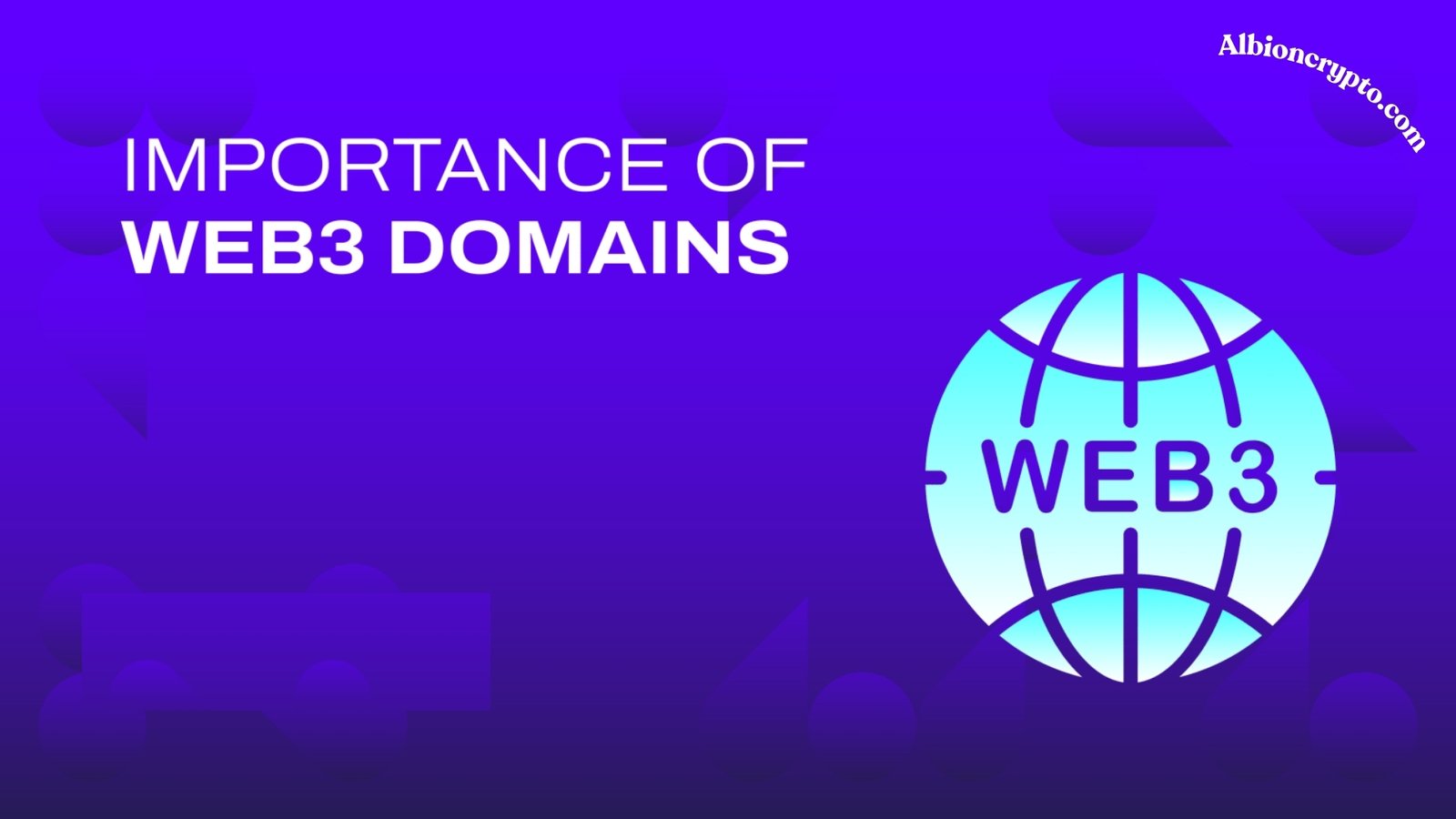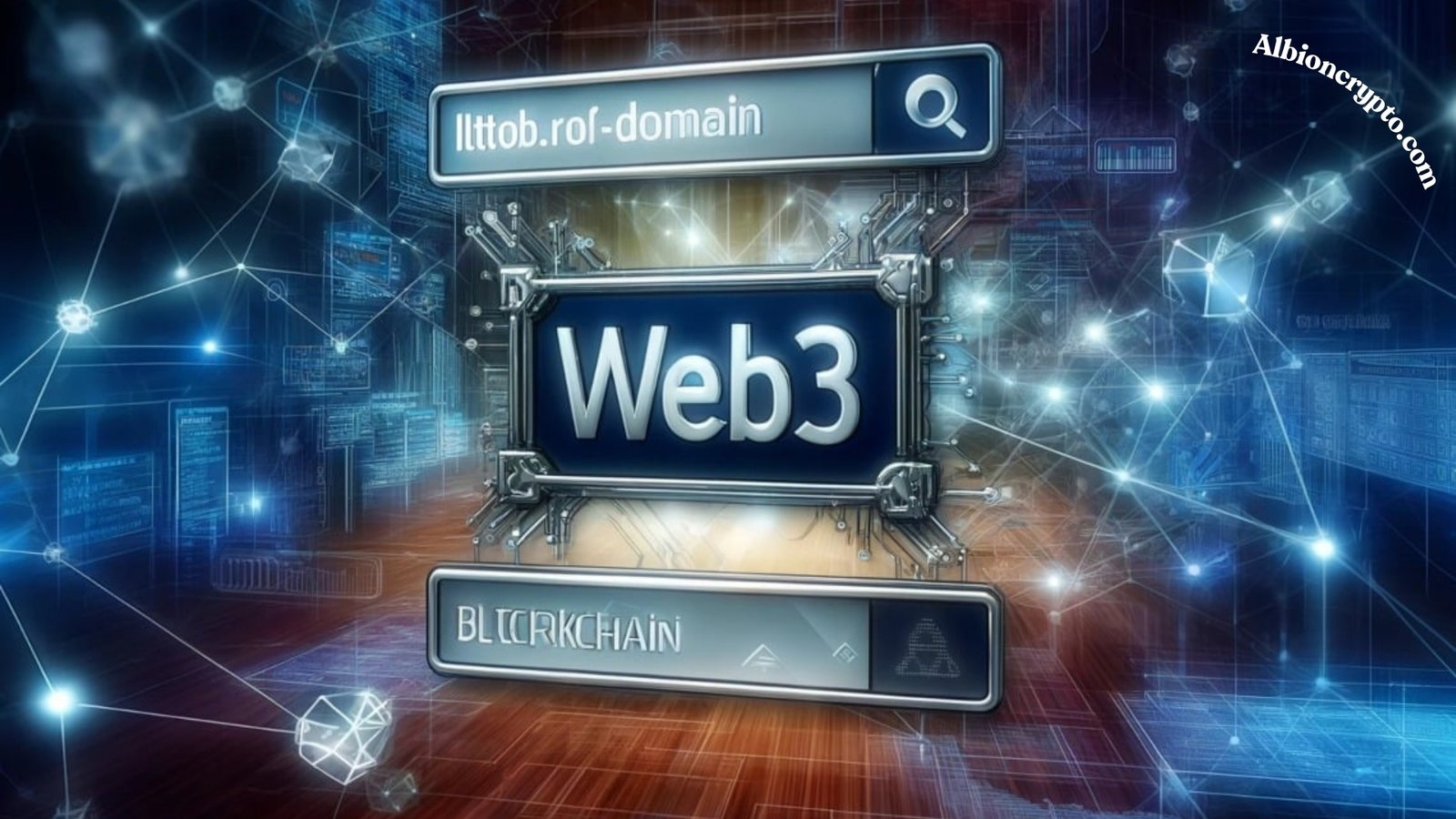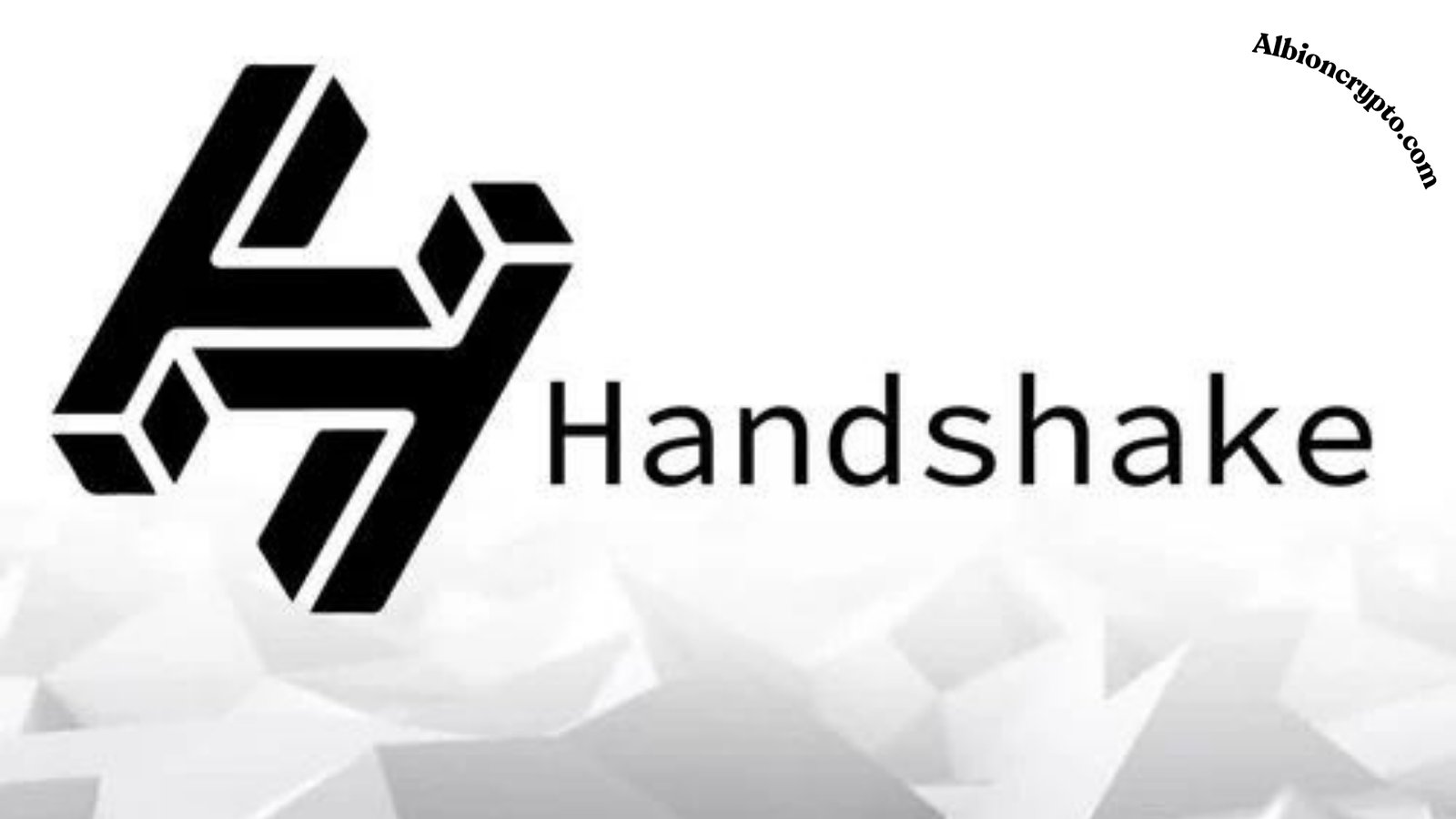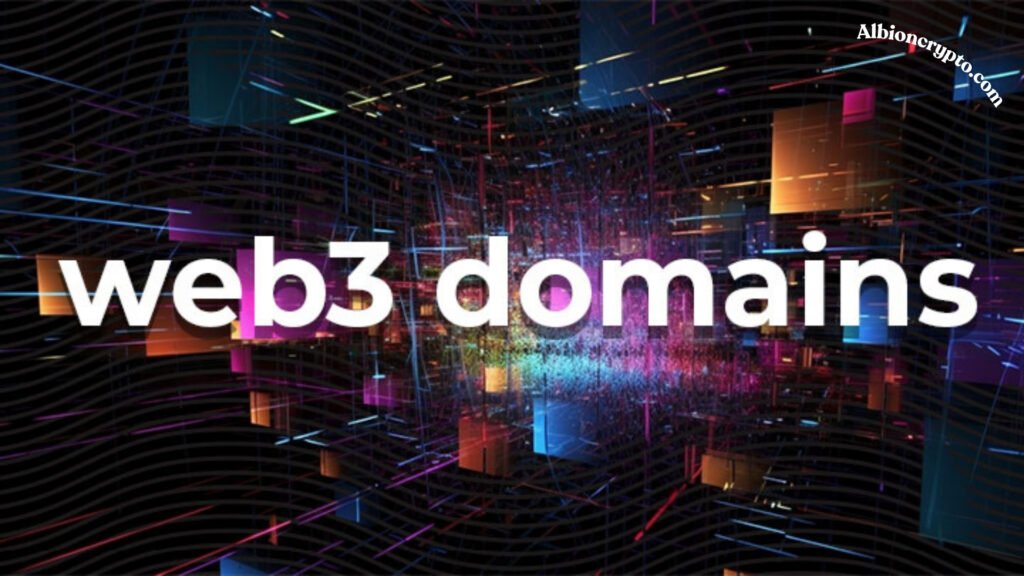The digital landscape has rapidly transformed over the past few decades. From the advent of the Internet to the rise of social media, each phase has brought about new paradigms for how we interact, communicate, and transact online. Today, we stand on the brink of another significant evolution—Web3, a decentralized web that promises to reshape the very fabric of the Internet. At the heart of this transformation lies the concept of Web3 domains, a critical component of the emerging decentralized ecosystem.
Understanding Web3
Before diving into Web3 domains, it’s essential to grasp the concept of Web3. Web3, or Web 3.0, refers to the third generation of internet services, focusing on decentralization, blockchain technology, and token-based economics. Unlike Web2, which is dominated by centralized entities like Google, Facebook, and Amazon, Web3 aims to give control back to the users through decentralized protocols.
Web3 is built on blockchain technology, which ensures that data is not stored on centralized servers but is distributed across a network of nodes. This decentralized structure enhances security, reduces the risk of censorship, and empowers users by giving them data ownership.
What Are Web3 Domains?
Web3 domains, often decentralized or blockchain domains, are domain names not managed by traditional centralized entities like the Internet Corporation for Assigned Names and Numbers (ICANN) or domain registrars such as GoDaddy or Namecheap. Instead, blockchain networks register, manage, and maintain these domains, offering users unprecedented control, security, and ownership over their digital identities.
Unlike traditional domain names rented from registrars for a fixed period, Web3 domains are owned outright once purchased. This ownership is recorded on the blockchain, making it immutable and censorship-resistant. The most popular blockchains for Web3 domains include Ethereum, where the Ethereum Name Service (ENS) is prominent, and Zilliqa, which offers Zilliqa Name Service (ZNS).
The Importance of Web3 Domains
Web3 domains are more than just an alternative to traditional domain names. They are foundational to the broader Web3 ecosystem, enabling decentralized applications (dApps), smart contracts, and decentralized finance (DeFi) services. Here’s why Web3 domains are so critical:
Decentralization
Traditional domain names rely on centralized authorities, which can be susceptible to censorship, outages, or government intervention. Web3 domains are decentralized, meaning they exist on the blockchain, free from any single point of control. This decentralization ensures that domain ownership cannot be arbitrarily revoked or censored.
Security and Privacy
Because Web3 domains are managed on the blockchain, they are inherently more secure than traditional domains. The blockchain’s cryptographic nature ensures that ownership and transactions are tamper-proof. Additionally, Web3 domains can enhance privacy using pseudonymous identities instead of personal information.
Interoperability with dApps
Web3 domains are designed to be interoperable with decentralized applications. For instance, a Web3 domain can serve as a user’s identity across various dApps, allowing seamless integration and interaction without creating multiple accounts or identities.
Simplified Cryptocurrency Transactions
One of the most significant advantages of Web3 domains is their ability to simplify cryptocurrency transactions. Instead of using long and complex wallet addresses, users can send and receive cryptocurrencies using their Web3 domain name. For example, instead of sending ETH to 0xABC1234..., you could send it to john.eth, making transactions more user-friendly and less prone to errors.
Digital Identity Ownership
In the Web3 world, your domain is not just a web address; it’s your digital identity. With Web3 domains, users can fully own and control their online identity without relying on centralized platforms like Google or Facebook. This shift empowers individuals to manage their personal data and digital footprint independently.
How Web3 Domains Work
Web3 domains fundamentally differ from traditional domain names in registering, managing, and using them. Here’s a breakdown of how Web3 domains work:
Blockchain-Based Registration
Web3 domains are registered on a blockchain, making them immutable and verifiable. For example, Ethereum Name Service (ENS) domains are registered on the Ethereum blockchain. When a user registers a Web3 domain, the ownership details are recorded on the blockchain, and a non-fungible token (NFT) representing the domain is created. This NFT acts as proof of ownership.
Smart Contracts
Intelligent contracts play a crucial role in managing Web3 domains. These self-executing contracts are programmed to handle various aspects of domain management, such as renewals, transfers, and subdomain creation. Since intelligent contracts operate automatically, they eliminate the need for intermediaries, reducing costs and increasing efficiency.
DNS Alternatives
Traditional domains rely on the Domain Name System (DNS) to translate human-readable domain names into IP addresses that computers can understand. Web3 domains, however, use blockchain-based alternatives to DNS. These systems, like ENS or ZNS, perform similar functions but in a decentralized manner, ensuring that no single entity can control or manipulate the domain resolution process.
Integration with Wallets and dApps
Web3 domains can be integrated directly with cryptocurrency wallets and decentralized applications. This integration allows users to link their Web3 domain to their wallet address, making it easier to manage assets, interact with dApps, and engage in decentralized finance activities.
Cross-Platform Compatibility
While the Web3 ecosystem is still in its early stages, there is a growing effort to ensure cross-platform compatibility for Web3 domains. This means that users can use their Web3 domains across various platforms, networks, and applications, enhancing their utility and adoption.
Popular Web3 Domain Services
Several platforms have emerged as leaders in the Web3 domain space, each offering unique features and capabilities. Here’s a look at some of the most popular Web3 domain services:
Ethereum Name Service (ENS)
On the Ethereum blockchain, ENS is the most popular Web3 domain service. Users of ENS can register.eth domains have several potential uses, including digital identities, decentralized website hosting, and simplified cryptocurrency transactions. Users have complete ownership and control over their ENS domains because they are represented as NFTs.
Unstoppable Domains
Unstoppable Domains offers a wide range of Web3 domains, including .crypto, .nft, .blockchain, and more. These blockchain-based domains offer similar benefits to ENS, such as censorship resistance and full ownership. Unstoppable Domains also allows users to create decentralized websites resistant to takedowns.
Handshake (HNS)
A permissionless naming mechanism that is compatible with the standard DNS system, Handshake is decentralised. Handshake aims to create a decentralized, blockchain-based replacement for the Certificate Authorities and the root zone file. Users have ownership over their domain’s root by registering and owning top-level domains (TLDs) like.com or.net on Handshake.
Zilliqa Name Service (ZNS)
Although it uses the Zilliqa blockchain, ZNS is functionally identical to ENS. For decentralized apps, cryptocurrency transactions, and more, ZNS lets users register. Zil domains. ZNS domains are also represented as NFTs to guarantee ownership and transferability further.
The Future of Web3 Domains
As Web3 continues to evolve, Web3 domains are poised to play an increasingly important role in shaping the decentralized web. Here are some potential future developments and trends:
Mainstream Adoption
As the general public becomes more aware of the benefits of Web3 domains, we can expect to see a surge in adoption. Major tech companies, financial institutions, and even governments may start using Web3 domains for their online presence, further legitimizing the technology.
Integration with IoT and AI
The intersection of Web3 domains with emerging technologies like the Internet of Things (IoT) and artificial intelligence (AI) could unlock new possibilities. For example, Web3 domains could be used to decentralizedly manage and identify IoT devices, ensuring security and privacy. AI-driven applications could also leverage Web3 domains for autonomous interactions and transactions.
Enhanced Privacy Features
Privacy is a core principle of the Web3 movement. Future iterations of Web3 domains may incorporate advanced privacy features, such as zero-knowledge proofs, to enable anonymous transactions and interactions while maintaining the integrity and security of the blockchain.
Regulatory Challenges and Opportunities
As with any disruptive technology, Web3 domains may face regulatory challenges. Governments and regulatory bodies worldwide are beginning to pay closer attention to blockchain-based technologies. However, this also presents an opportunity for Web3 domains to shape future internet regulations to prioritize decentralization, privacy, and user sovereignty.
Domain-Linked Identities and Reputation Systems
In the future, Web3 domains could serve as the foundation for decentralized identity and reputation systems. Users could build and manage their digital identities linked to their Web3 domains, with reputational scores based on interactions across the decentralized web. This could lead to a more trustworthy and secure online environment.
Expansion of Decentralized Hosting and Storage
Web3 domains are closely linked with decentralized hosting and storage solutions, such as IPFS (InterPlanetary File System) and Arweave. As these technologies mature, Web3 domains could become the default way to host and access content on the decentralized web, eliminating the need for centralized servers and storage providers.
Conclusion
Web3 domains represent a pivotal development in the evolution of the Internet. By providing a decentralized, secure, and user-owned alternative to traditional domain names, Web3 domains are laying the groundwork for a new era of digital identity and interaction. As the Web3 ecosystem grows, these domains will become increasingly important, enabling users to fully participate in the decentralized web while maintaining control over their digital presence.
The journey of Web3 domains is just beginning, but their potential to revolutionize how we think about online identity, ownership, and interaction is immense. Whether you’re an early adopter or just beginning to explore the possibilities of Web3, understanding the role of Web3 domains is crucial to navigating the future of the Internet.
[sp_easyaccordion id=”3415″]


